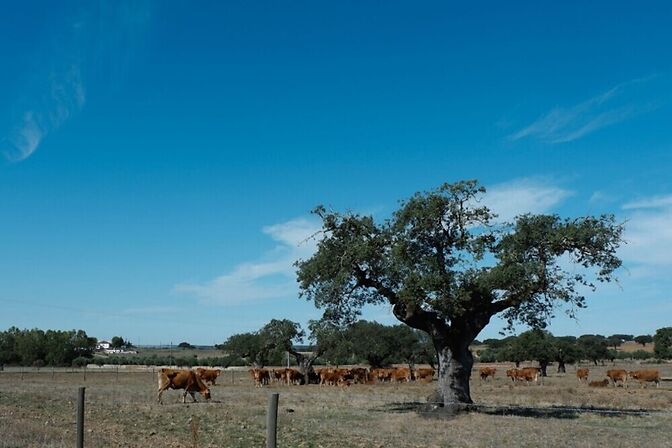Guggul Your Fats
Guggul is a yellowish oleogum resin from the guggul tree (Commiphora mukul) and has been used for thousands of years to treat a variety of health diseases. Ayurvedic practitioners have used it for millennia to help with atherosclerosis, high cholesterol, rheumatism, and weight management. Primarily found in India, Bangladesh, and Pakistan, it has been shown to be an anti-inflammatory antioxidant good for heart health.
Modern research has promising results in support of guggul’s ability to lower lipids, or fats, by temporarily boosting the liver’s ability to make bile salts from cholesterol. This resin contains guggulsterone, the compound responsible for its therapeutic benefits. Animal studies have found a significant decrease in triglycerides and total cholesterol in those consuming guggul versus placebo. Additionally, human studies have been small, but roughly 70-80% of patients saw benefits including an average of 20% or higher decrease in total cholesterol and triglycerides.
No long-term studies have evaluated the risk of using this resin for more than six months, but it is generally recognized as safe. Uncommon but potential side effects include loose stools and mild nausea. Skin rashes have also been noted on occasion. If you take any medications, it is recommended to see your qualified holistic health practitioner before adding guggul to your routine.
REFERENCES
- Deng, Ruitang. 2007. “Therapeutic Effects of Guggul and Its Constituent Guggulsterone: Cardiovascular Benefits.” Cardiovascular Drug Reviews; 25(4): 375-90. doi:10.1111/j.1527-3466.2007.00023.x
- Shah, Rohan et al. 2012. “Pharmacological Properties of Guggulsterones, the Major Active Components of Gum Guggul.” Phytotherapy Research, PTR; 26(11): 1594-605. doi:10.1002/ptr.4647
- WebMD. N.D “Guggl- Uses, Side Effects, and More.” Accessed Jan. 15, 2023.






